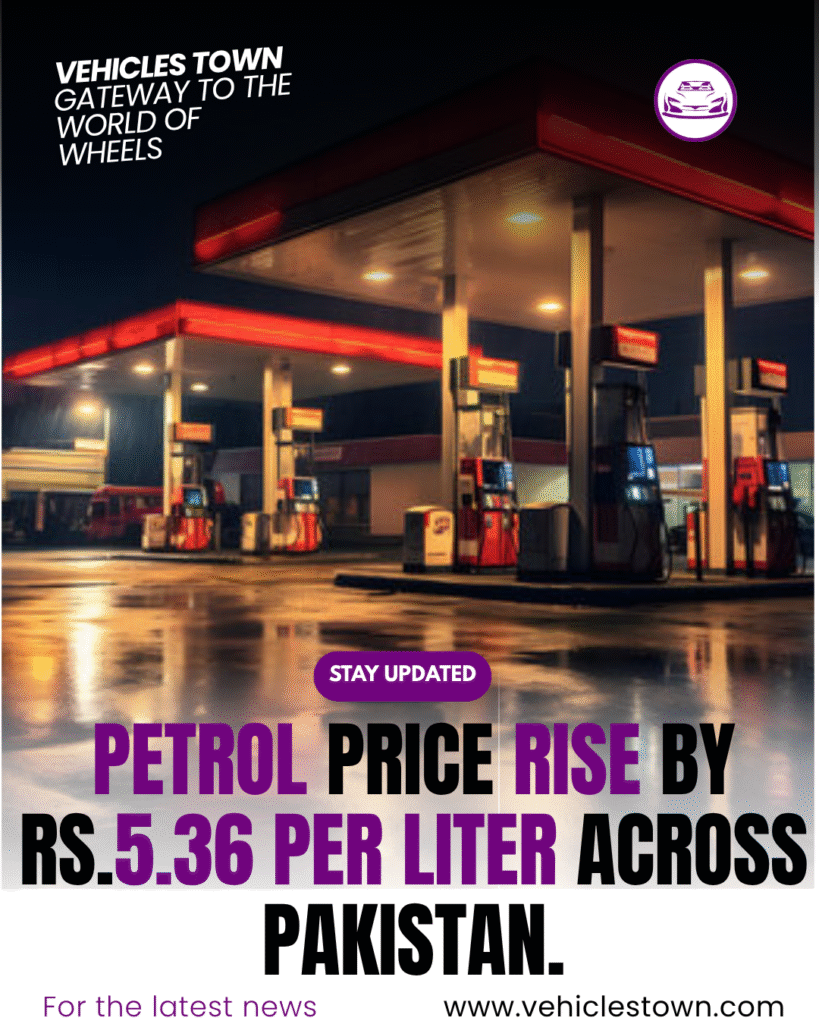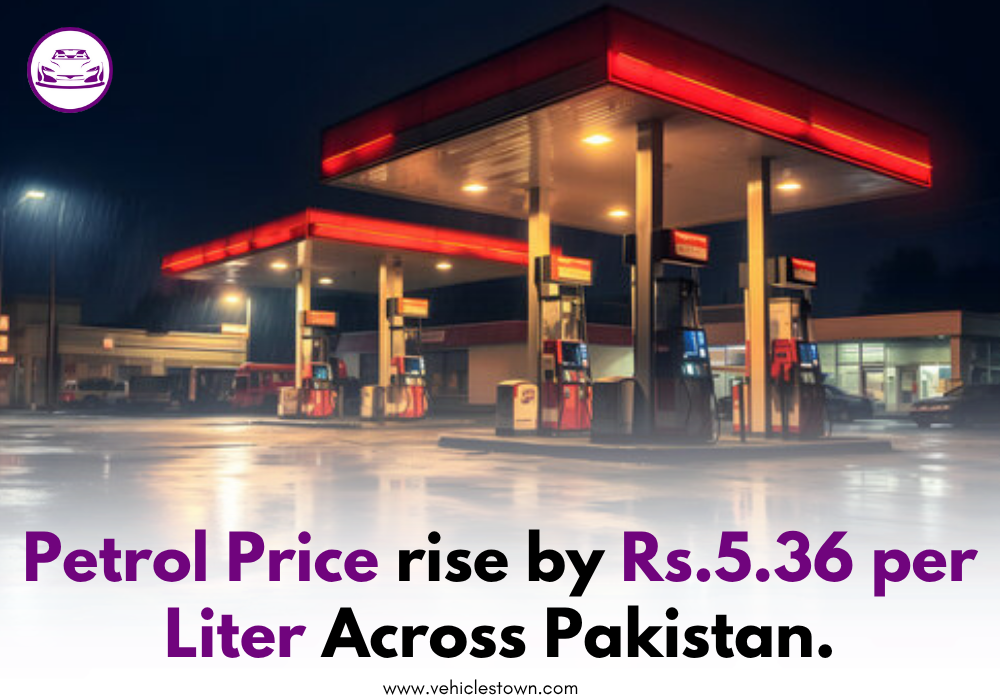Petrol Price Hike: Here’s What You Need to Know
According to reports, In a sudden move the Government of Pakistan has raised petrol prices by Rs.5.36 per liter, effective from July 16, 2025. This fresh hike comes after the fortnightly review by the Oil and Gas Regulatory Authority (OGRA), and it follows the upward trend in global oil prices.
Previously, petrol was priced at Rs.258.16 per liter. Now, the new price stands at Rs.263.52 per liter. Meanwhile, high-speed diesel (HSD) also saw an increase of Rs.2.45, bringing its price to Rs.267.89 per liter.
Although petrol rates had remained stable for a few weeks, this latest adjustment is likely to affect transport fares, daily commuting costs, and prices of basic goods. Importantly, it will directly impact the public and commercial transport sectors.
Get More Updates: Changan Hikes Prices Across All Models
Why Petrol Prices Keep Rising
There are several reasons for this petrol price jump. First, international crude oil prices have surged in the past few weeks. Second, the Pakistani Rupee continues to struggle against the US Dollar. Additionally, ongoing supply chain issues and taxation policies also contribute to fuel cost changes.
On top of that, the government is reportedly working to meet IMF conditions, which often include reviewing subsidies and adjusting fuel prices to reflect market realities. As a result, such hikes may continue in the near future.

Public Reaction and Concerns
As a result, this petrol price increase has sparked frustration among citizens. Many commuters, ride-hailing drivers, and small business owners voiced concerns about their shrinking income and rising daily expenses. Social media is buzzing with criticism as users call for relief and demand transparency in pricing.
Final Verdict
To conclude, clearly this Rs.5.36 petrol price hike hits the average Pakistani hard. From groceries to daily transport, everything is expected to get costlier. For now, staying updated, planning fuel usage wisely, and cutting non-essential trips might help ease the burden.
As petrol prices continue to fluctuate, it’s more important than ever to monitor changes closely—and demand accountability when needed.



